Seize the moment – don’t wait for anyone to give you permission. – Josette Sheeran
I grew up playing chess professionally.
In chess and most other games, you have to make a move. You can’t just pass.
Chess is a very complex game, but although it may be hard to find the best move, it obeys Logic. That means if you find the best move every Time, you can’t lose. Computers find the best moves almost 100% of the time. The human world champion nails around 70% of choices, and an amateur club player will get it right 30-50% of the time, depending on the complexity of the position.
This discrete Structure can be applied to the continuity of life, for the purpose of a simplified, yet largely accurate analysis.
Every inaction is an action, in favor of Inertia
Let’s say, on average, you make one significant decision every minute while active.
It’s true – all your everyday choices add up long term. What meaningful thing to say or write? What article or social media post to read or not to read? What to share. What to explore further.
As your work probably involves making decisions (otherwise, you should consider preparing for a career change ), you have 8+ hours a day of choices, including your non-work ones.
Let’s say 10 hours = 600 minutes = 600 choices a day, on average.

You’ve probably heard that if you get 1% better at something every day, this scales up pretty quickly, resulting in a whopping 37 times improvement in a year. However, this inspiring statistic is not the one I have for you. Mine sucks.
Let’s say you have an idea for an improvement in any area. For example, something easy to do that you know will increase productivity slightly, say 2-3%, like taking a few minutes to organize your workspace a bit better. How much time does it take you to execute it? How about 2 days? Seems good by most standards? After all, we have all delayed similar stuff for months due to… just not doing it?
2 days delay (1200 minutes of choices, 1 a minute) is 1200 bad choices in a row. 1200 bad moves by chess standards.
If you played so badly in any game, you would never ever win. You could be playing against monkeys, who’d be making random moves, and they would still beat you each time.
How can we be so bad at making decisions? What was evolution thinking, to get us feeling stuck in inertia 99% of the time?
The origins of inertia: why do we feel stuck in life so often?
Like most things, feeling stuck in life starts with evolution. The only goal of Evolution (if you can attribute a “goal” to a mindless process at all) is to pass your genes on, making stability mandatory.
Of course, being smart is important, but only if it increases your chances of survival or finding a mate. For all the rest, evolution applies some very simple principles.
Evolutionary principles for Change
- Do things the way your predecessors did.
They survived and procreated. Nothing more is needed – stay stuck to what works.
- Change nothing, except when a threat or reward is visible.
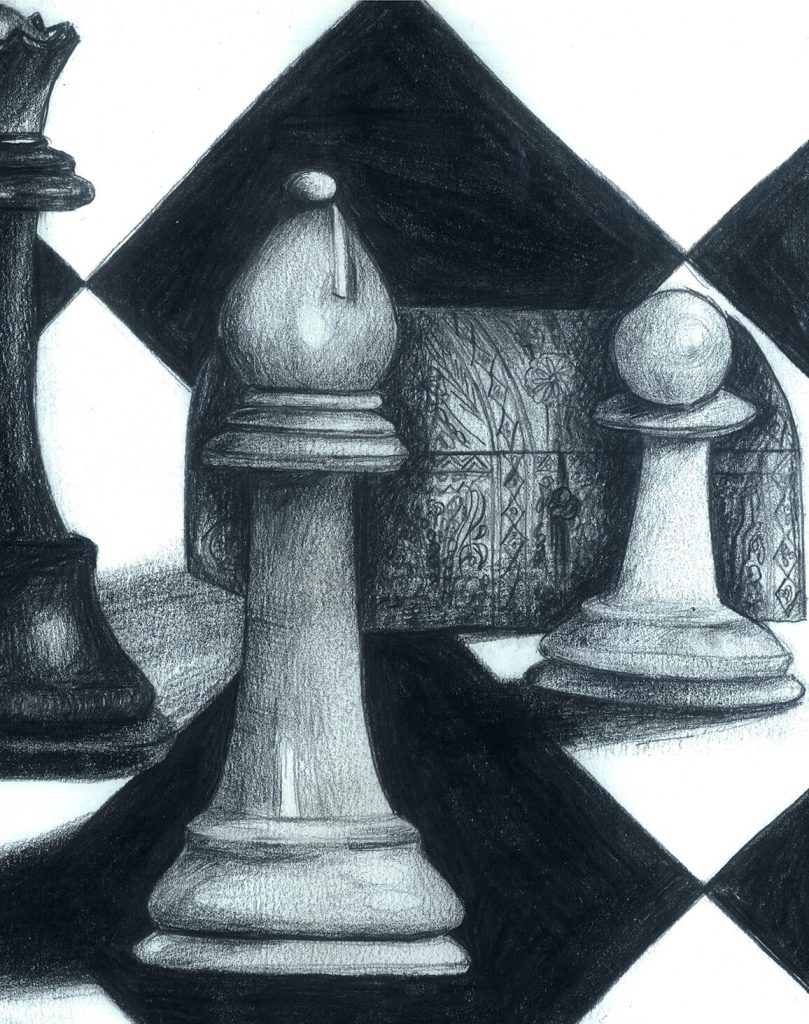
Changes in behavior have already been tried in many ways. If they didn’t become the norm (bring an evolutionary advantage), they were a failure.
Threats are immediate dangers (eg, a lion) and signs of future danger (eg, upsetting the tribe and risking being kicked out of the cave… outside where the lion is).
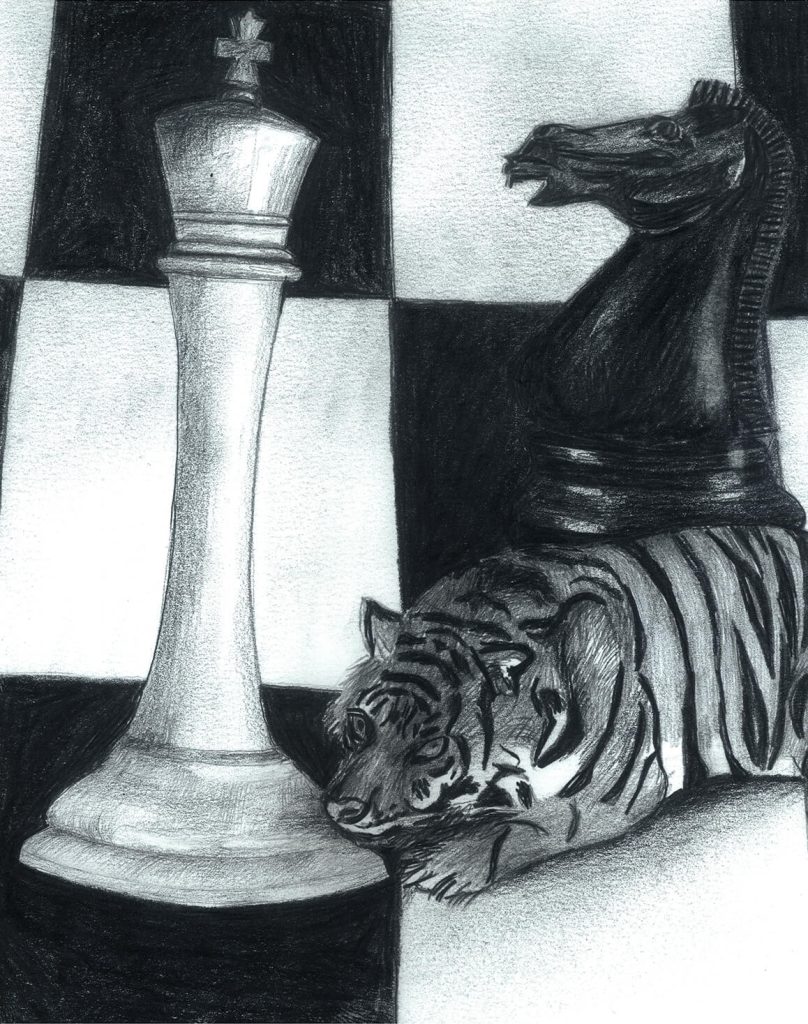
Rewards were not just immediate rewards (eg, food and mates) but also the fuzzy feelings of anything that could help us get those and limit the dangers – the emotions of Creativity, teamwork (including empathy!), love.
- The primary biological motivations for change are fear (of danger and loss of connection) and empathy and love (including its intellectual manifestations like curiosity and creativity).
So, fear or love in different forms, no surprises here.
Let’s get the omnipresent time into the picture!
Living beings don’t really have a way to fully experience what lies ahead in time. Evolution’s plan to protect our future could only be executed in the present moment. So, from every moment to the next, one evolutionary rule of behavior applies.
If it works more or less, don’t change it.
If it works more or less, don’t change it.
If it works more or less, don’t change it.
If it works more or less, don’t change it.
If it works more or less, don’t change it.
Did I mention not to change it?
This is inertia, the most constant Force in your life. It just wants to keep you in line so you can survive. You’re stuck, and it doesn’t feel that bad at all.
Feeling stuck in life is so familiar that it’s even called “the comfort zone”.
However, our environment has changed a lot recently, and evolution hasn’t had time to react. We have new goals in life, and they require being adaptive, not just when evading danger or chasing food or mates.
Modern people often ask themselves, “Why do I feel stuck in life?”. Inertia is massively in our way, both in the Game of Life and the Game of Self.
Overcoming inertia
We need inspiration and Motivation to overcome resistance and start making changes.
Many people look first to routines and planning as a way out of feeling stuck in life. But in I Grow Younger, we think structure cannot really help with inertia. Knowledge of what is good for you is important, yes, but it’s not really motivating.
The natural enemies of inertia are love and Chaos – the opposite of Fear and Structure!
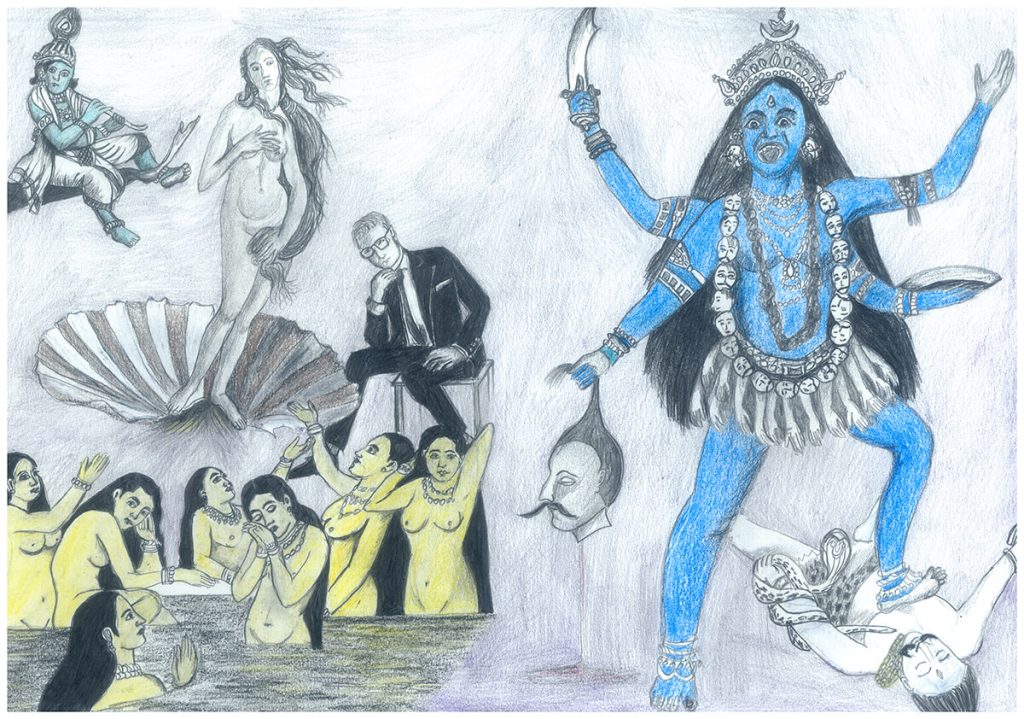
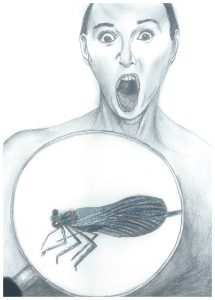 Well, sometimes, randomly, it could – when fears clash against each other. But using fear for anything is not a good idea because it’s an unpredictable, primal emotion.
Well, sometimes, randomly, it could – when fears clash against each other. But using fear for anything is not a good idea because it’s an unpredictable, primal emotion.
If you have ever gone horse riding, you know that a horse can run like the wind and then be scared by a colorful bag of potato chips. No sense whatsoever. You may think your fear is more sensible than the horse’s – but it’s no different. You may risk your life to save another’s, and the next day be more afraid to do… public speaking about it. Your fear is just as irrational as the horse’s. It’s often called a lizard brain response because fear is as old and primitive as lizards from 250 million years ago.
So Fear cannot (and should not!) be cultivated and can only be harnessed very occasionally by chance, only when two fears clash, to destroy the weaker one.
For example, if you’re sitting at home, feeling down, but have no one to go out with. You wish you could go to the movies, but you don’t have enough motivation to do it, for one reason or another.
In a smart, motivational burst, you buy a movie ticket online. Now, your all-powerful fear-based inertia prevents you from going to the movies, losing to the apparently more powerful fear of wasting $10. Interesting, huh?
Inertia is driven by fears. If you manage to make fears turn on themselves, you’re a master…a fearmaster. But again, that’s rare, requires a very high level of self-knowledge, and you’re in dangerous territory with fear.
So we’re left with love (anti-fear) and Chaos (anti-structure).
What to do when feeling stuck in life?
1. Practice Self-love
Self-love is key because it makes you feel you deserve the best for yourself. Fighting for a change that you don’t feel you deserve is a half-assed fight with zero motivation that very rarely succeeds.
Love is an internal, Game of Self force. It starts with loving yourself in a healthy way. In the Game of Self, you have no one else around but you. Without Self-love, everything has a shaky foundation.
2. Feel that future-you deserves better
From now on, we’ll be referring to the potential result of the positive Change as the “good stuff“.
The feeling you’re deserving of Change has the power to completely defeat the feeling of being stuck in life.

Usually, people reason themselves into thinking they don’t deserve something. For example, “I did something wrong in the past, and that’s why I don’t deserve to have good things now.” These mental Barriers exist in many of us, sometimes subconsciously.
Now let’s do the opposite. There are a few things to ask yourself to find out whether you deserve the good stuff. You may ask yourself moral questions: Will someone get hurt if we get the good stuff? Is it an essential human right (freedom, healthy food, fast internet)?
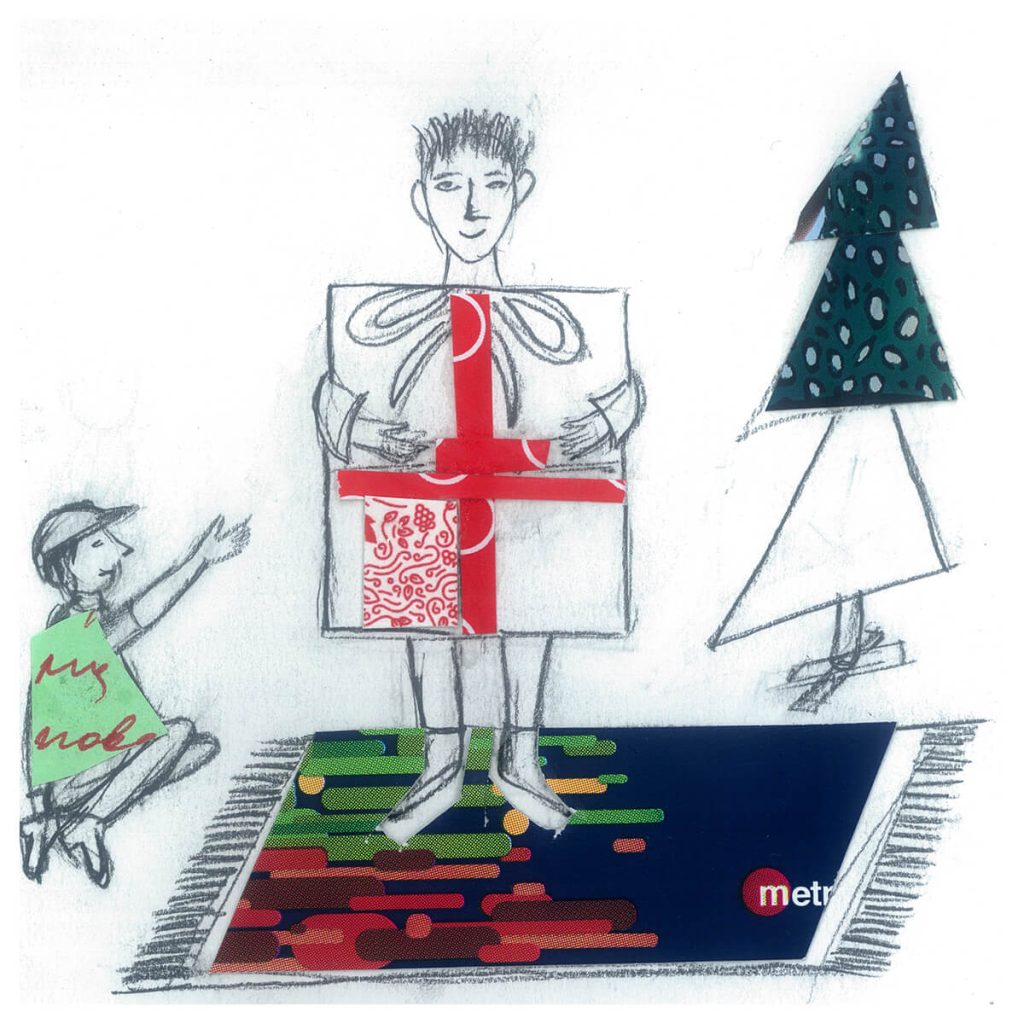
If I get it, will I share some of it?
You deserve ice cream, even though it’s not good for you. In this sense, you deserve the freedom to eat ice cream if you want to.
Although these questions are legitimate, they are still subjective. Even the famous golden rule of morality has… hm… versions and opinions. Personally, I think that it’s inevitable that you hurt some people’s feelings sometimes. Trying to never hurt anyone’s feelings is a slippery slope to becoming a people pleaser. Whether something is worth doing for your own gain is dependent more on the other questions, on necessity, and on sharing.
But these are all questions of basic morality. Much more often, it’s not Morality that stops people from going after something new. What keeps them feeling stuck in life, instead, is the question of merit – whether they’re good enough and worthy enough of a reward.
Do I deserve the good stuff for what you have done so far? Did I work hard enough, was I good enough in the past?
- Yes
- Yes
- Yes
Did I mention that you deserve it?
The merit question does not exist. There is no scale to measure against. If something is good for you and moral by itself, why on earth would you think or feel you don’t deserve it? If it’s shareable, share it with ones in need (almost everything is). But to just not take it because of the fictional “merit scale” in your head is a waste for you and the world.
There is no merit scale. The world is mostly random anyway. Some people work hard and get nothing, others get good stuff because of their genes, place of birth, or pure luck. Fairness is a human concept the universe simply does not support.
And merit by itself is not part of morality. It cannot be part of anything because it doesn’t exist… except in our own heads.
Unlike other problems, it does not seem to be a matter of biology or evolution.
Imagine a cheetah chasing a gazelle full Speed and suddenly having second thoughts like “Do I deserve to catch it and eat; did I run hard enough this year? I divided this kill 3 days ago unfairly between my 6 little cheetahs. I’m a terrible mother, I don’t deserve the gazelle.”
Does this seem ridiculous or…does it ring a bell?
The merit question is not nature, it’s nurture. And while it’s pure fantasy, unfortunately, it’s a self-defeating one to have.
3. Let go of old beliefs.
Our upbringing, the Education system, and popular cliches feed faulty beliefs that are the reason why you feel stuck in life.
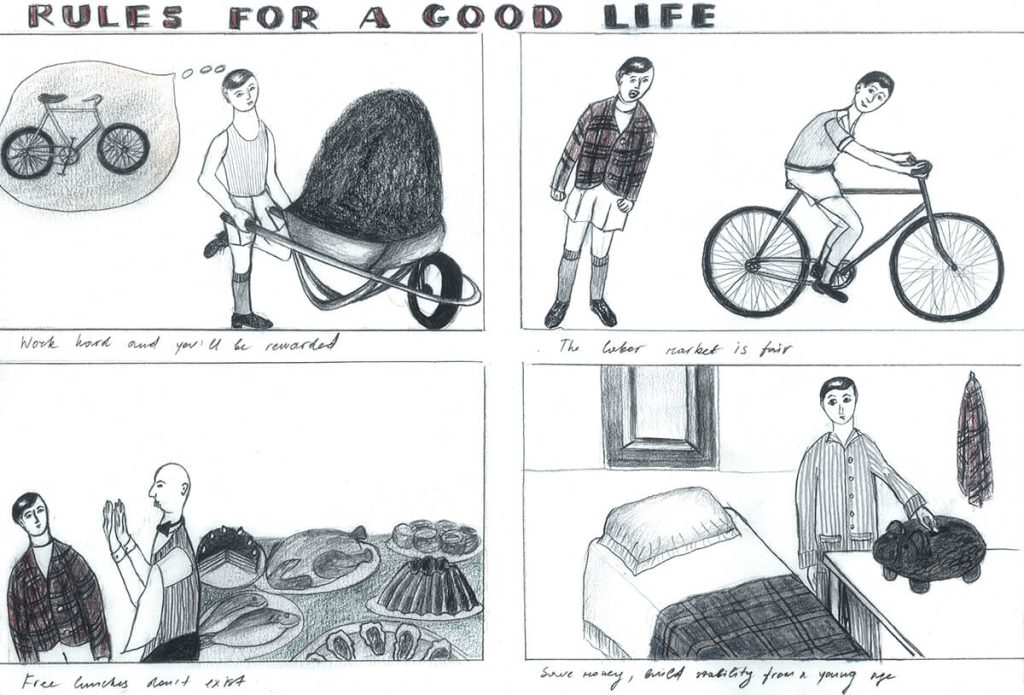
Beliefs such as:
- Work hard and you’ll be rewarded.
- The labor market is fair.
- There’s no free lunch.
- Save Money, build stability from a young age.
All of this puts invisible chains around many of us that sadly make us miss the amazing, random opportunities of life.
We often think everything should be earned by hard work and/or time invested… says who?
For example, I was introduced to Bitcoin when it was trading at $26 and to Ethereum before it was a currency. By well-meaning friends whom I trusted. And inertia took care that I didn’t do anything about it.
4. Take chances and share the benefits
Take the chance if moral, share the benefits if any. This is all you need to follow. If you get the good stuff, you deserve it. If you don’t get it, you at least tried.
If you want the world to be more fair (which it needs to be), just share most or all of the good stuff. And you’re a hero.
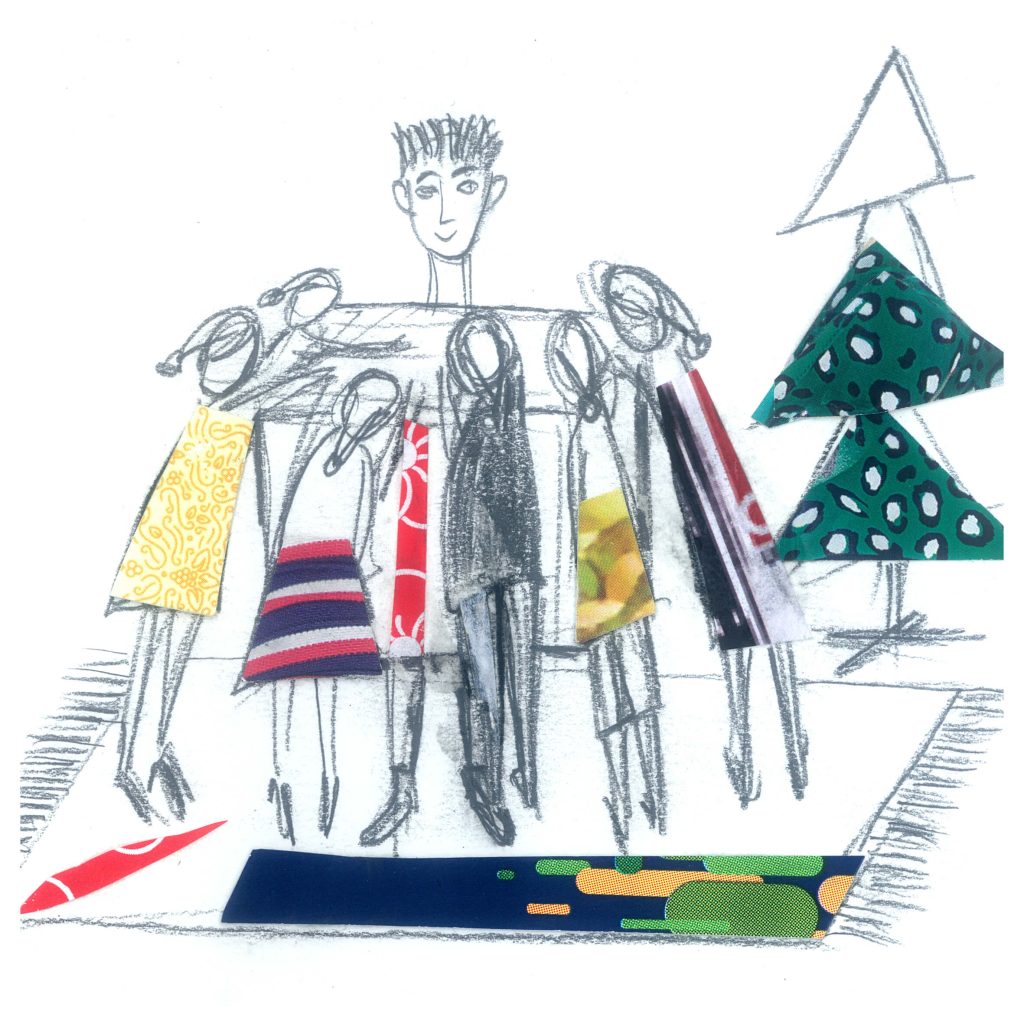
Inertia usually wins… But you can still fight to win some of the time.
Overcoming Inertia is easier if you
believe you are fighting the good fight.
How does Change happen in life?
Most people lack enough Self-love and are seriously hampered by the morality and merit barriers. Then how do they ever Change?
You may have noticed that certain cycles and rules apply to all human lives. In the case of Change, the ways we stop feeling stuck in life can be summed up in these courses of action.
When life forces you to Change
We see this happen to people who are stuck for a long time in a cycle of fear-based actions. For example, you suddenly get fired from the Job you’ve been gathering the courage to quit for years. Life takes away your current (Sheep) options and forces you to make bold Hunter moves.
When you decide to follow a new life Direction
Sometimes an internal Change shakes up our own motivations, and we end up in Hunter mode. We gradually overcome fears and barriers and follow a course of curiosity and Self-love. This reduces damage caused by spending time in Sheep mode and frees us from the harmful influence of inertia.
When you fall in love
Falling in love, really in love, has the power to replace your regular brain with a superpower mind that sees itself capable of any Change. Popular culture often portrays this in romantic movies where the main character has a complete change of heart after meeting someone wildly different from them (Sweet November, anyone?).
And there is a fourth, unusual way that change happens. How do downward cycles end if you don’t happen to fall in love, gather courage on your own, or life doesn’t happen to shake things up for you?
When you become addicted
It sure is unorthodox, but we have to mention it because, in practice, many cycles end in some form of light addiction that gives our stuck self a purpose again. The addictions that create the possibility for positive Change, contrary to harmful addictions (drugs, alcohol, food, etc), are mental drugs.
Think anything between playing a competitive (non-gambling) game and religious faith. Your brain can become high on this mental drug. This replaces your troubled brain with a temporary, emotionally stable brain, high mostly on dopamine (in the case of games, which have a wide array of good and bad sides for your brain) or oxytocin (in the case of spiritual experiences)1 This creates the space for healthy thoughts if your environment and the people around you are fertile for those. Mental drugs have limitations since it’s more like hitting a reset button when you’re falling down.
Key takeaways:
- Every inaction is an action, reinforcing Inertia.
- Change cannot happen without Chaos. You can always breed Chaos.
- You can use powerful chaotic emotions like love to overcome inertia.
- The path to love begins with Self-love and the feeling that you deserve the good stuff.
- Don’t let anyone tell you that you don’t deserve the good stuff!
Inertia is part of every single life. You can share this post with anyone because there isn’t a single person who could not improve on this.

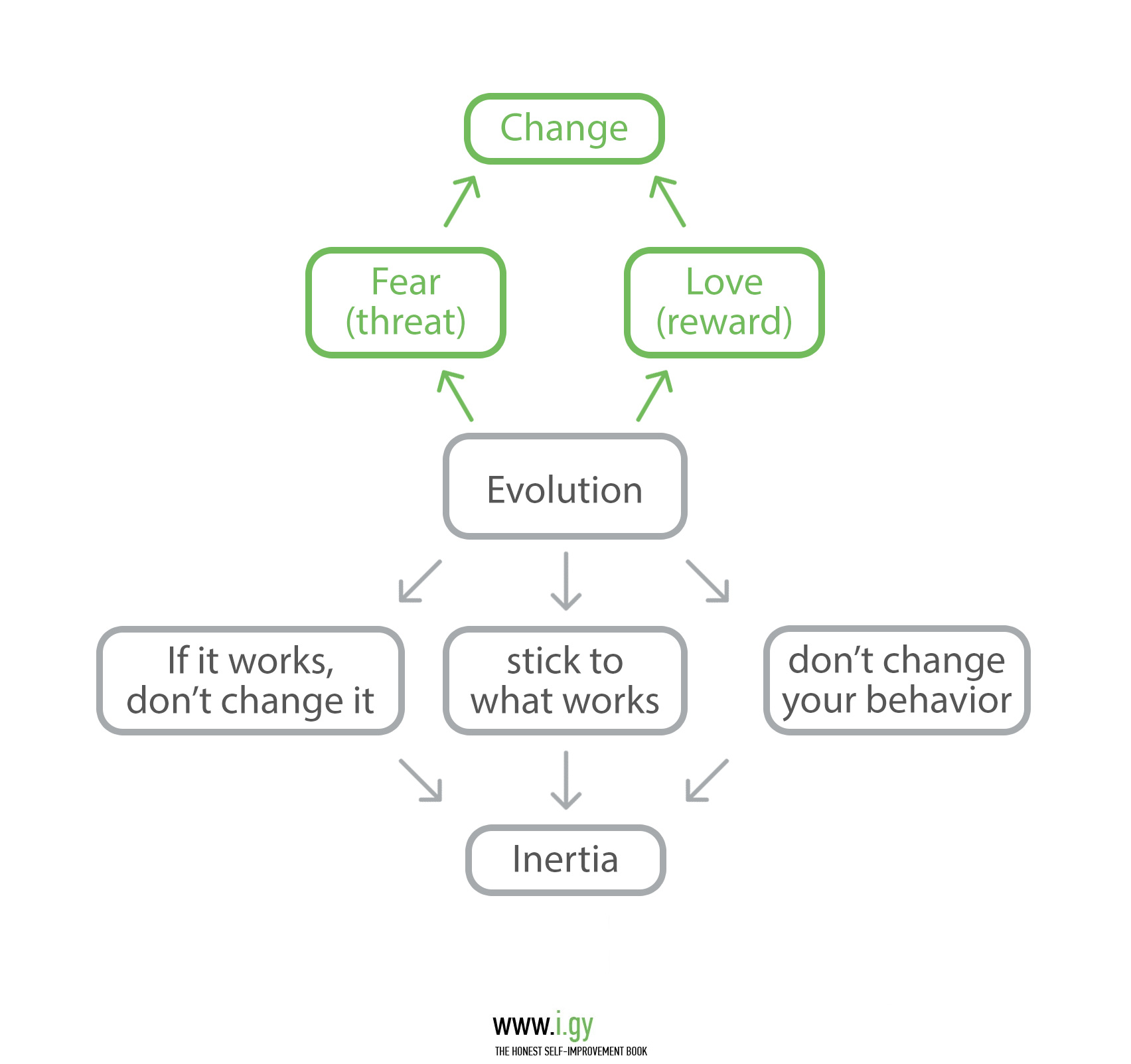
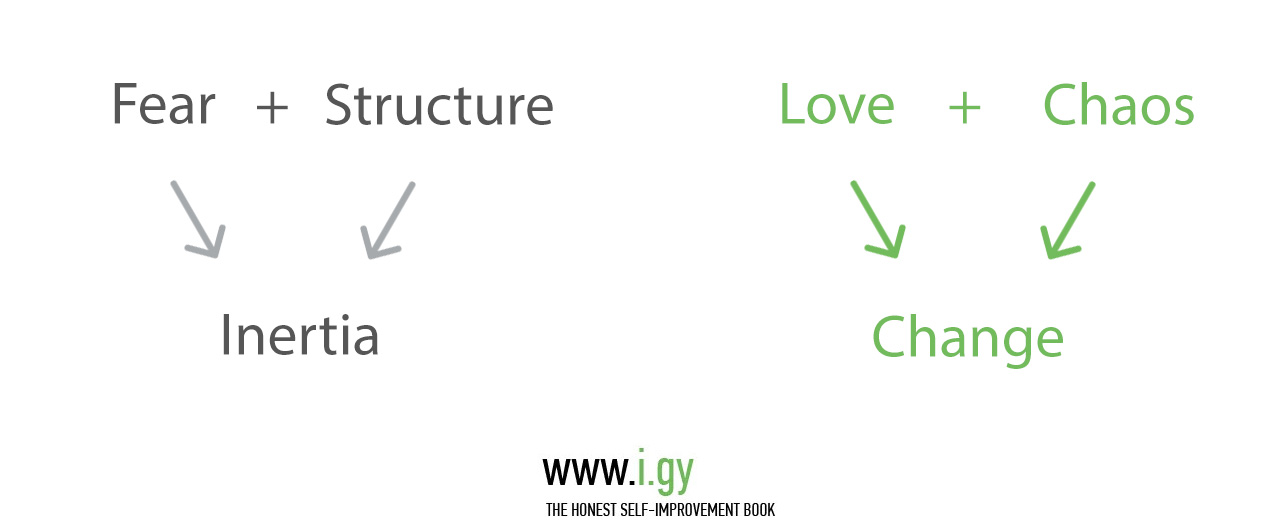
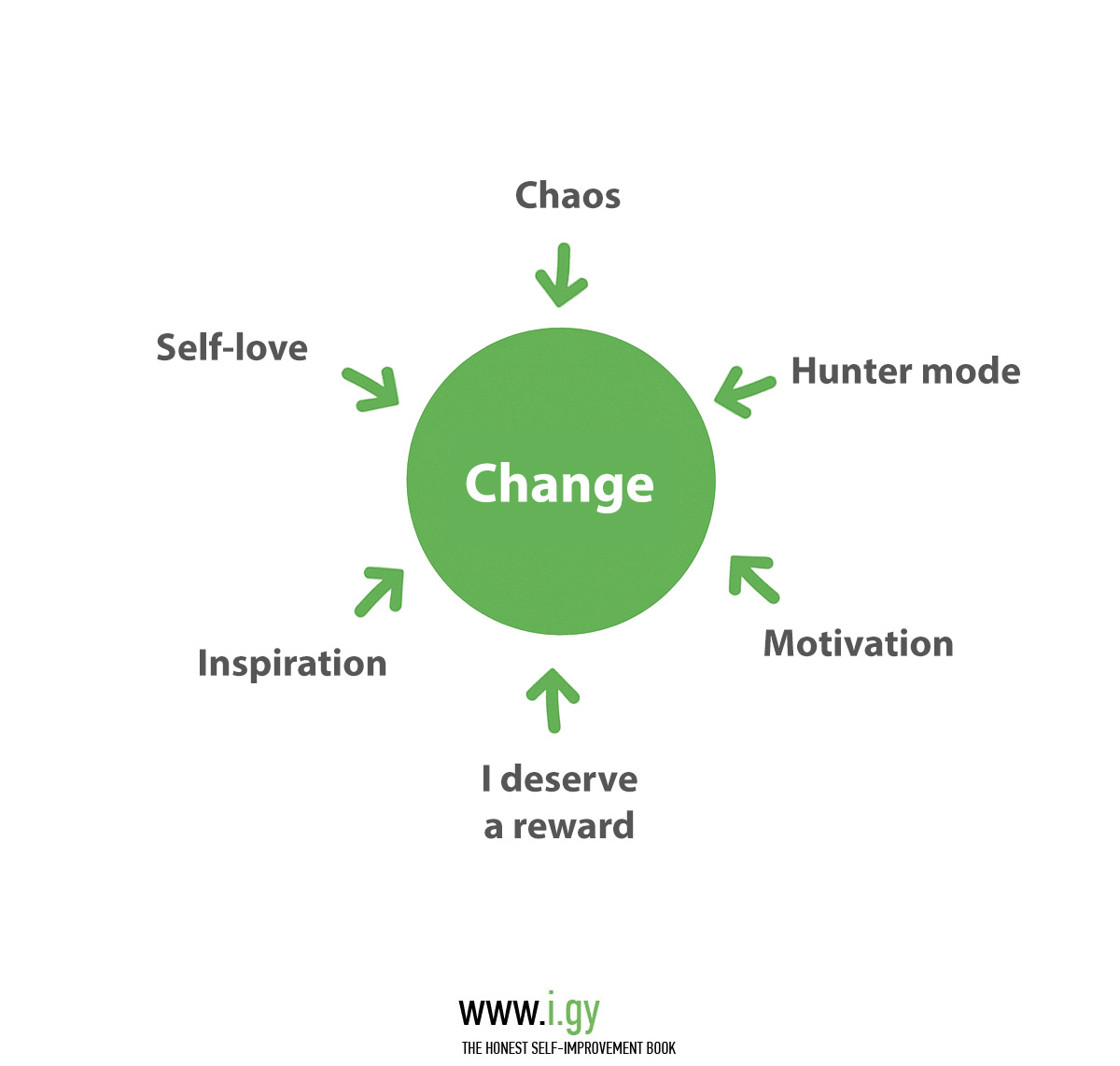
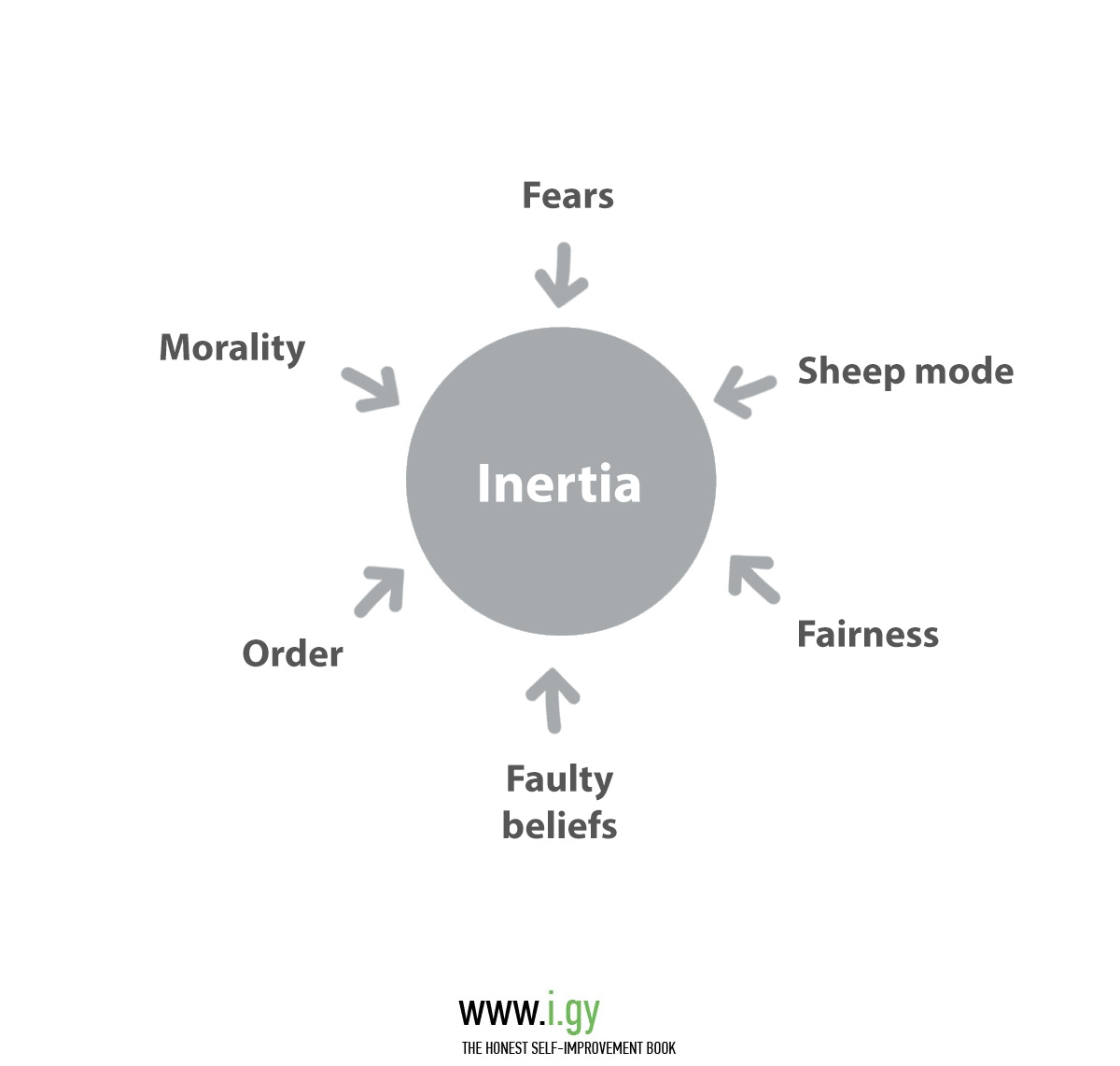
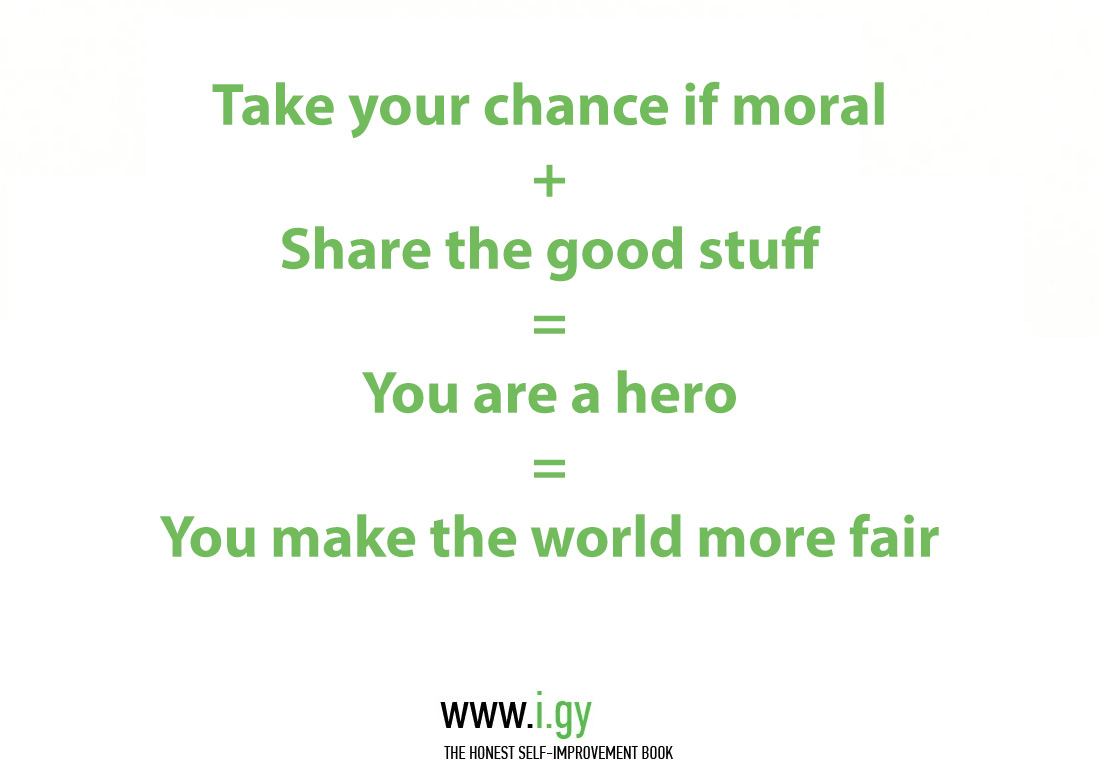
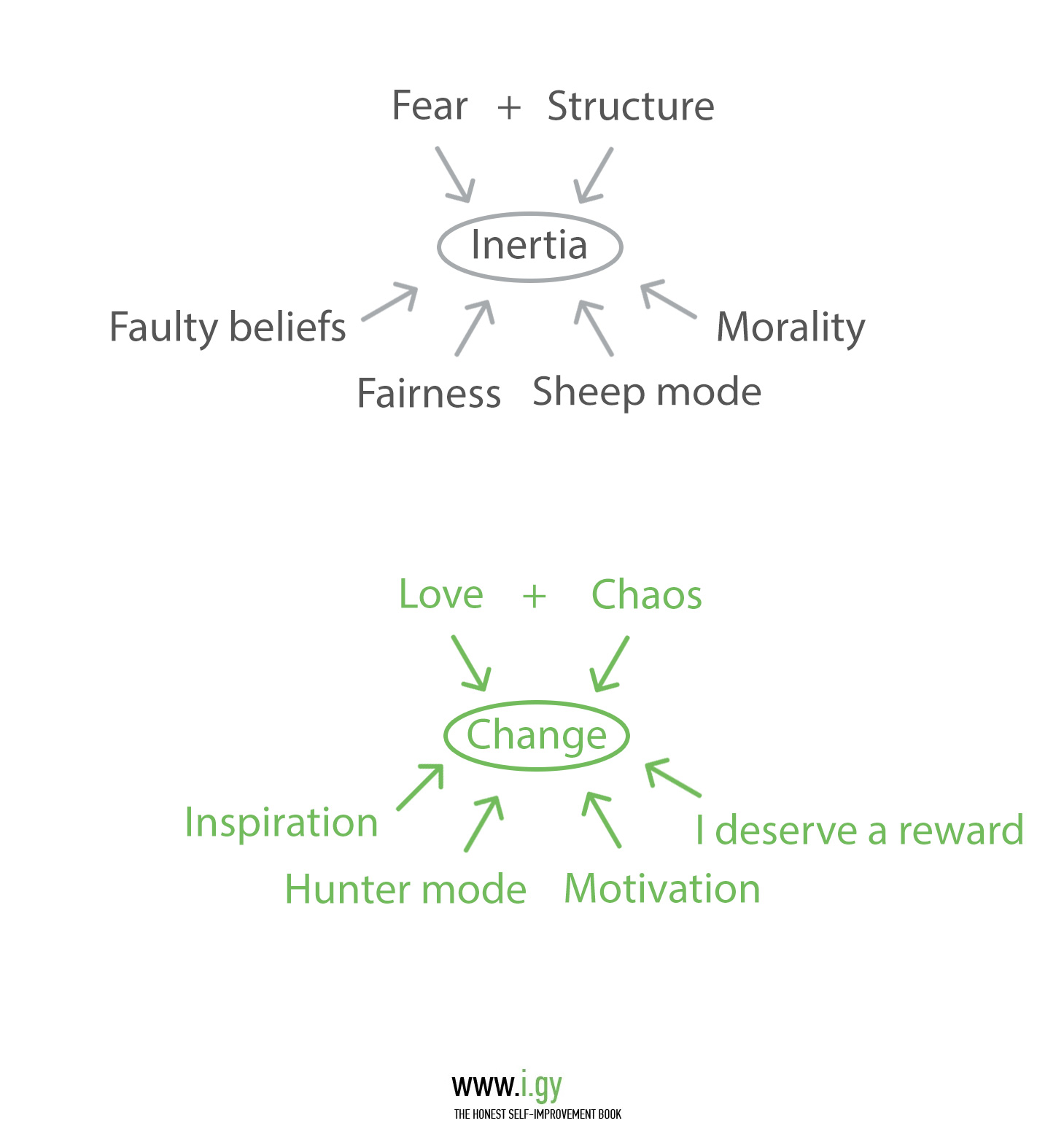
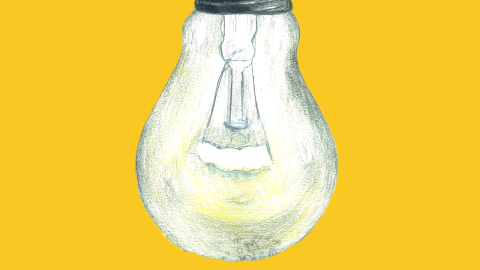

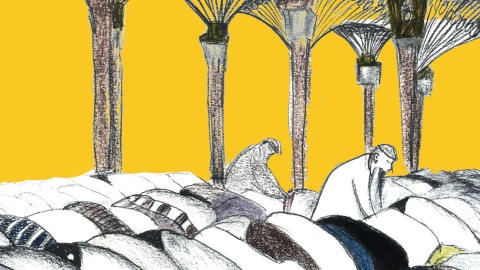

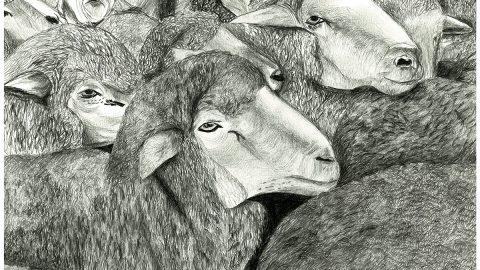
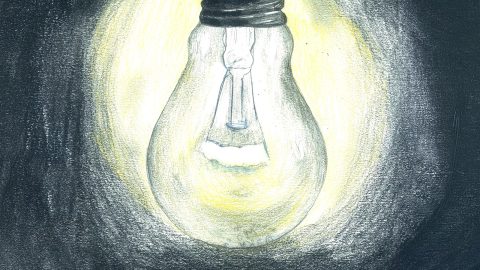
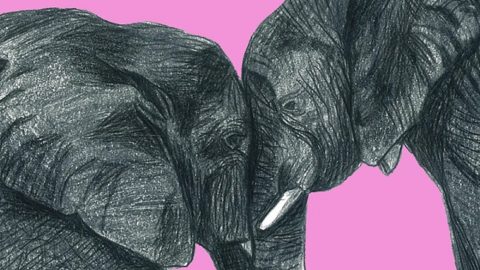
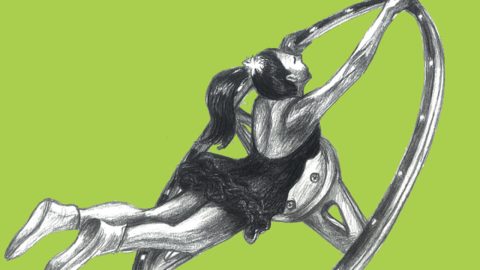





















Thank you so much for this insightful and thought peovoking piece. I will read this again, several times to absorb its messages.